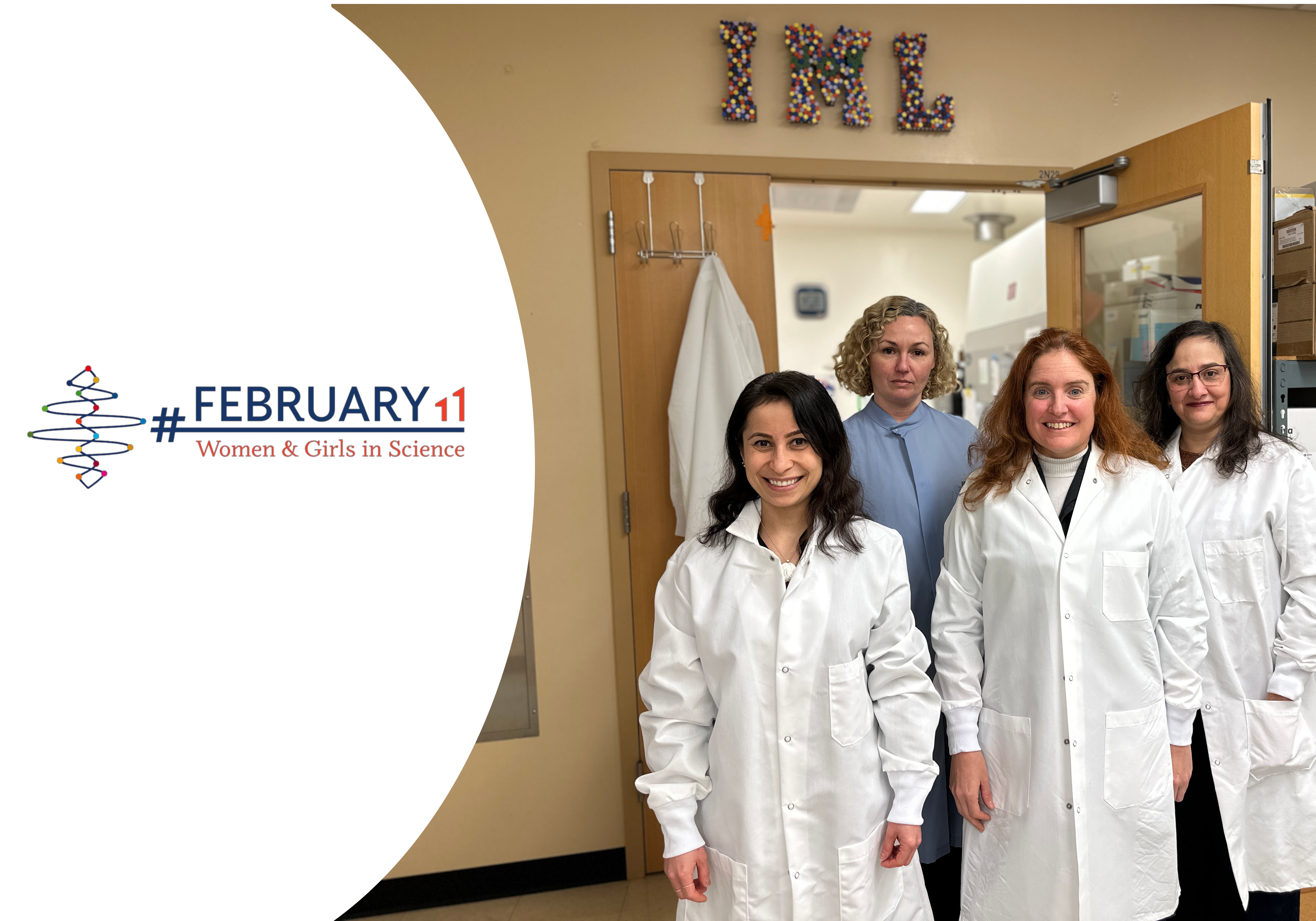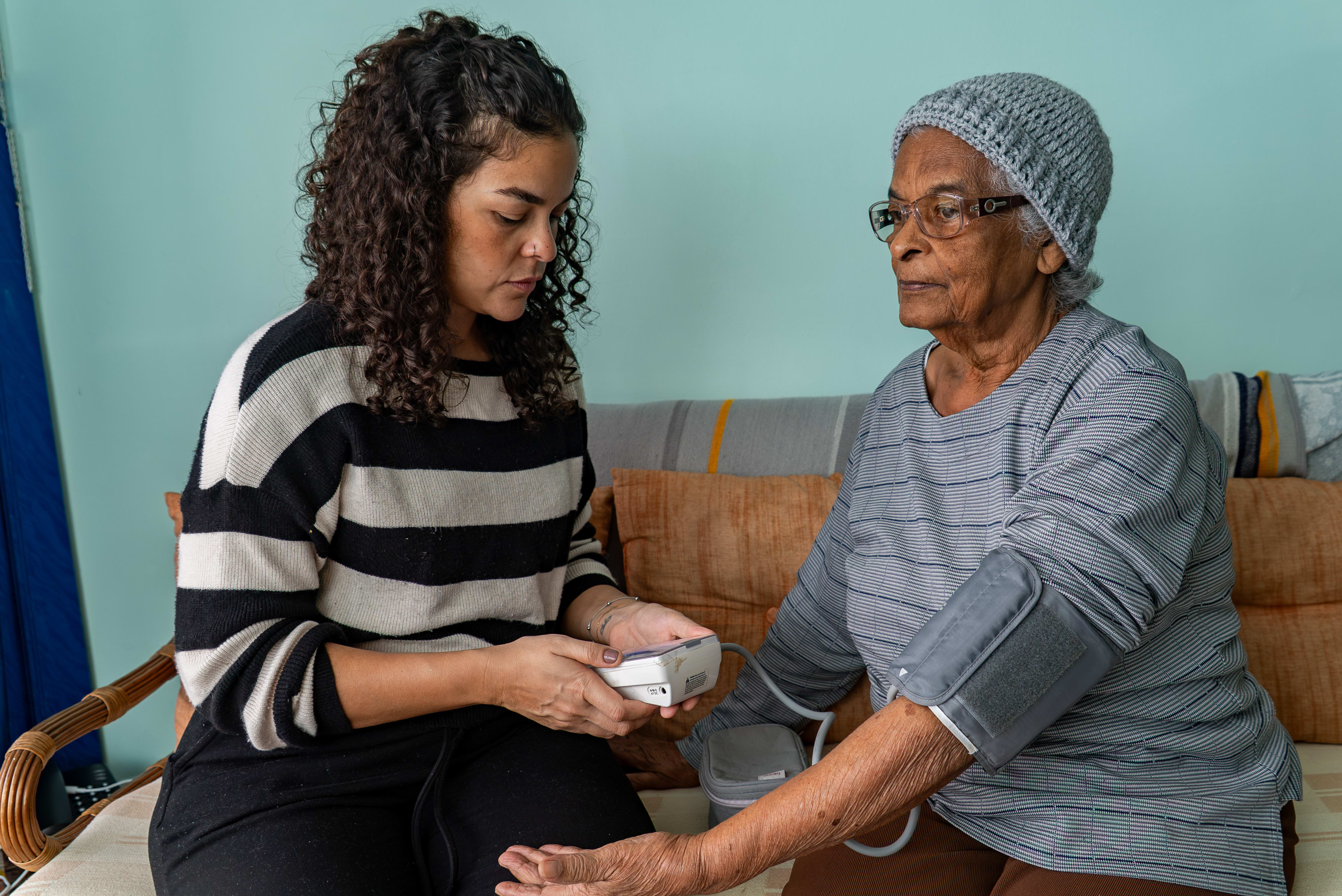Rectal Cancer Care
When you’re a patient at Providence, we don’t just treat your rectal cancer – we treat you. We use the most advanced treatments to create a highly personalized care plan. We also support you and your loved ones with a full range of services throughout your entire cancer journey. The result is effective, whole-person care for your body, mind and spirit.
Why Choose Us for Rectal Cancer Care?
At Providence, we see the life in you. Together, let’s finish cancer – so you don’t have to miss any of life’s special moments.
About Rectal Cancer
Rectal cancer begins in the rectum, which is part of the large intestine between the colon and the anus. It often begins as a polyp, or a small clump of cells, in the rectum lining. The expert oncology teams at Providence use the most effective therapies to treat patients with every type of rectal cancer and its related conditions.
Testing and Diagnostics

Diagnostic tools help our cancer clinicians determine which therapies will work best for each patient, based on many factors like cancer type and the genetic or molecular profile of the tumor. Your doctors will use multiple advanced diagnostic and prognostic tools to help design your individualized treatment plan. Depending on your case, this may include one or more of the following:
- Biopsy
- Endoscopic ultrasound
- Fine needle aspiration (FNA) biopsy
- Genetics and genomics
- MRI
- PET/CT scan
Personalized Treatment for Rectal Cancer
We take a team approach to your rectal cancer treatment because we know this offers the best success in controlling and curing cancer. Your multidisciplinary cancer care team will work with you to design an individualized cancer care plan, from diagnosis to post-treatment support. We offer many different therapies across our Providence locations. Depending on your condition, your personal care plan may include one or more of the following:
Systemic therapies travel through the bloodstream and affect cells in other body parts. They are used for patients whose cancer has spread to other areas of the body or if there’s a high risk of spread. Sophisticated genetic analysis allows us to target therapies to specific DNA mutations that cause cancer cells to develop and grow. Systemic therapies include:
Clinical trials represent research protocols that include the use of new drugs or drug combinations in a specific clinical situation.
Chemoradiotherapy combines the use of chemotherapy and radiation at the same time. When given together, the two treatments are more effective than when given in sequence. This approach is often used when a cancer is advanced but has not spread to distant parts of the body and therefore may respond to more intense therapy.
Chemotherapy is the systemic use of cytotoxic chemicals to kill cancer cells. Today there are many medications (e.g., biological medications, immune treatments, targeted therapies) that do not fit the classic definition of chemotherapy yet are often included in this category.
Immunotherapy uses drugs to allow the body’s own immune system to more effectively find and destroy cancer cells.
Molecularly targeted therapy is the use of drugs that are molecularly targeted at a genetic mutation that has allowed the cancer to grow. This therapy enables personalized treatments for patients who carry certain genetic mutations or abnormalities.
Surgical therapies involve an operation or procedure to remove cancer from the body. Surgery may be the main treatment for some invasive cancers, but it’s only one part of the entire treatment plan. Surgical therapies include:
Abdominoperineal resection is surgical removal of the anus, rectum and part of the colon through an incision in the abdomen.
Coloanal anastomosis using total mesorectal excision is surgery to attach the colon to the anus.
Low anterior resection is surgery for rectal cancer that involves removing part of the rectum.
Transanal endoscopic microsurgery is surgery performed through the anus and rectum to remove polyps and early-stage cancers.
Transanal minimally invasive surgery is a video camera-assisted procedure to remove polyps and other growths from the rectum.
Radiation therapy uses high-energy radiation from a source like X-rays or photons to kill cancer cells or shrink tumors. It may be part of a treatment plan that also includes systemic therapies and/or surgery. Radiation is sometimes used to help ease a patient’s pain or discomfort. Radiation therapies include:
Image-guided radiation therapy delivers high-dose radiation, guided by imaging, directly to the tumors.
Intensity-modulated radiation therapy (IMRT) and volumetric-modulated arc therapy (VMAT) are advanced types of radiation therapies. IMRT uses advanced technology to manipulate the radiation beams to conform to the shape of a tumor. VMAT is a subtype of IMRT in which the machine actively delivers radiation beams while moving in an arc around the patient.
This method of radiation delivery offers next-generation capabilities. The arc-based therapy provided via VMAT delivers high doses of radiation to more focused areas, reducing side effects and the overall treatment time for the patient. This treatment is particularly effective at treating several types of cancer while at the same time reducing toxicity and harm to vital organs.
This procedure is one of several new ways to deliver radiation therapy. It requires a sophisticated facility and equipment, along with highly specialized physicians. It is available at some Providence locations.
Radiopharmaceuticals (Y-90) is a group of treatments delivered by a catheter and consisting of millions of microscopic, radioactive microspheres that are infused into the arteries that feed the tumor. Y-90 microspheres are delivered into the arteries and can be used to treat cancer that has spread, or metastasized, to the liver. These particles become embedded into the cancer cells and deliver the radiation directly to the cancer site. Two commonly used agents are Theraspheres and Sir Spheres.
The advantage of this treatment is that the radiation penetrates only a short distance, so the risk to the organ is very low while the dose the cancer experiences is very high.
This procedure is one of several new ways to deliver radiation therapy directly into the tumor site. It requires a sophisticated facility and equipment, along with highly specialized physicians. It is available at some Providence locations.
Stereotactic radiation (SABR/SBRT) is a group of treatments that includes stereotactic body radiation therapy (SBRT) and stereotactic ablative radiation (SABR) – both of which are adaptations of stereotactic radiosurgery (SRS) – for the treatment of targets in the body, but outside the brain. Similar to SRS, these techniques deliver very high doses of radiation using sophisticated motion management and patient immobilization techniques.
The number of radiation treatments is minimal and may range from one to five treatments delivered over one to two weeks.
This procedure is one of several new ways to deliver radiation therapy. It requires a sophisticated facility and equipment, along with highly specialized physicians. It is available at some Providence locations.
Surface-guided radiation therapy (SGRT/SIGRT) is an approach to radiation targeting that offers real-time beam guidance from face and body surface-recognition systems.
This treatment is particularly effective at treating several types of cancer while at the same time reducing toxicity and harm to vital organs, thus minimizing side effects.
This advanced procedure requires a sophisticated facility and equipment, along with highly specialized physicians. It is available at some Providence locations.
Three-dimensional conformal radiation therapy (3DCRT) is a radiation planning and treatment technique in which three-dimensional (3D) imaging enables improved targeting for radiation treatment. 3D planning with CT imaging makes radiation treatment much more conformal, or tailored to the target.
Find Rectal Cancer Care
Accreditations
We are proud to see our dedication to our cancer patients recognized by some of the most well-respected programs and institutions in the United States. Several of our Providence locations have achieved the following accreditations:
- Accountable Care Organizations (ACO) Accreditation – National Committee for Quality Assurance (NCQA)
- American College of Radiology (ACR) Accreditation
- Accreditation Program for Excellence (APEx) – American Society of Radiation Oncology (ASTRO)
- Commission on Cancer (CoC) Accreditation – American College of Surgeons (ACS)
- Quality Oncology Practice Initiative (QOPI) Certification – American Society of Clinical Oncology (ASCO)
Meet the Team
At Providence, you'll have access to a vast network of dedicated and compassionate providers who offer personalized care by focusing on treatment, prevention and health education.

Find Clinical Trials
Are you looking for a clinical trial for yourself or for a patient? We’d love to help you find one!
Find Care
Expert Tips and Advice for Cancer




